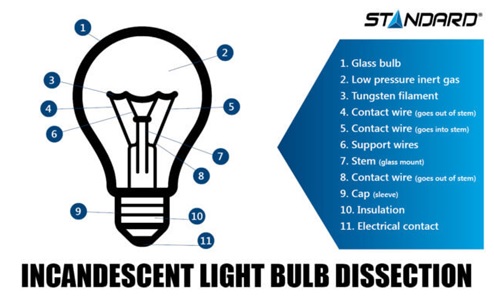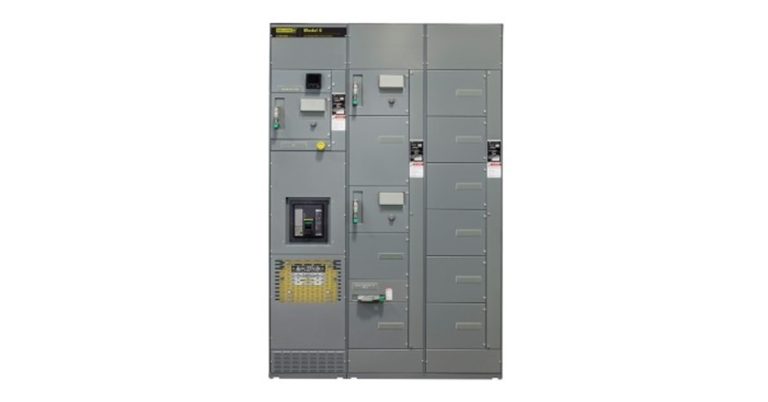Whitepaper: Fuses Outshine Circuit Breakers in Cost, Reliability

August 26, 2021
 The debate sparked around fuses versus molded case circuit breaker (MCCB) seems to travel around an endless path. Overcurrents are inevitable in electrical systems, so which is the best overcurrent protection method? This paper outlines how the use of fuses can be more beneficial than MCCBs in an electrical system’s design.
The debate sparked around fuses versus molded case circuit breaker (MCCB) seems to travel around an endless path. Overcurrents are inevitable in electrical systems, so which is the best overcurrent protection method? This paper outlines how the use of fuses can be more beneficial than MCCBs in an electrical system’s design.
People often prefer fuses to MCCBs because they can open the flow of interrupting power faster than MCCBs and are not as costly to maintain. Compared to MCCBs, fuses
- are less expensive;
- are more reliable (due to the lack of mechanical components that can wear down over time);
- react more quickly to overloading;
- are physically smaller in size, requiring much less panel space;
- provide a time delay feature that allows for a closer sizing to load, thus providing better protec ion (whereas MCCBs must be oversized to accommodate inductive loads);
- can provide as close as 1.5:1 coordination, preventing the need to oversize upstream protection devices (whereas MCCBs require detailed coordination studies, and coordination under short circuit conditions is difficult);
- cannot be tampered with by unqualified personnel;
- do not require slash ratings, which are capable of being misapplied;
- do not require annual maintenance, unlike MCCBs, which require annual adjustment and calibration maintenance (per the manufacturer’s recommendations); and
- cut off the fault current long before it reaches its first peak, typically within the first half of an electrical cycle.
MCCBs trip both on overload fault and a short-circuit fault. Once the MCCB trips, it must be checked, which is a step people tend to skip. Instead, users simply reset the breaker, enabling it to be reused without knowledge as to whether the MCCB was damaged during the trip. If there is damage, then the breaker must be repaired and recalibrated so that it can safely perform to its original specifications. MCCBs also release up to ten times more let-through energy than fuses when operating during a fault condition.
Go HERE to download.










![Guide to the Canadian Electrical Code, Part 1[i] – A Road Map: Section 52 — Diagnostic imaging installations](https://electricalindustry.ca/wp-content/uploads/2022/11/Guide-CE-Code-2.png)






